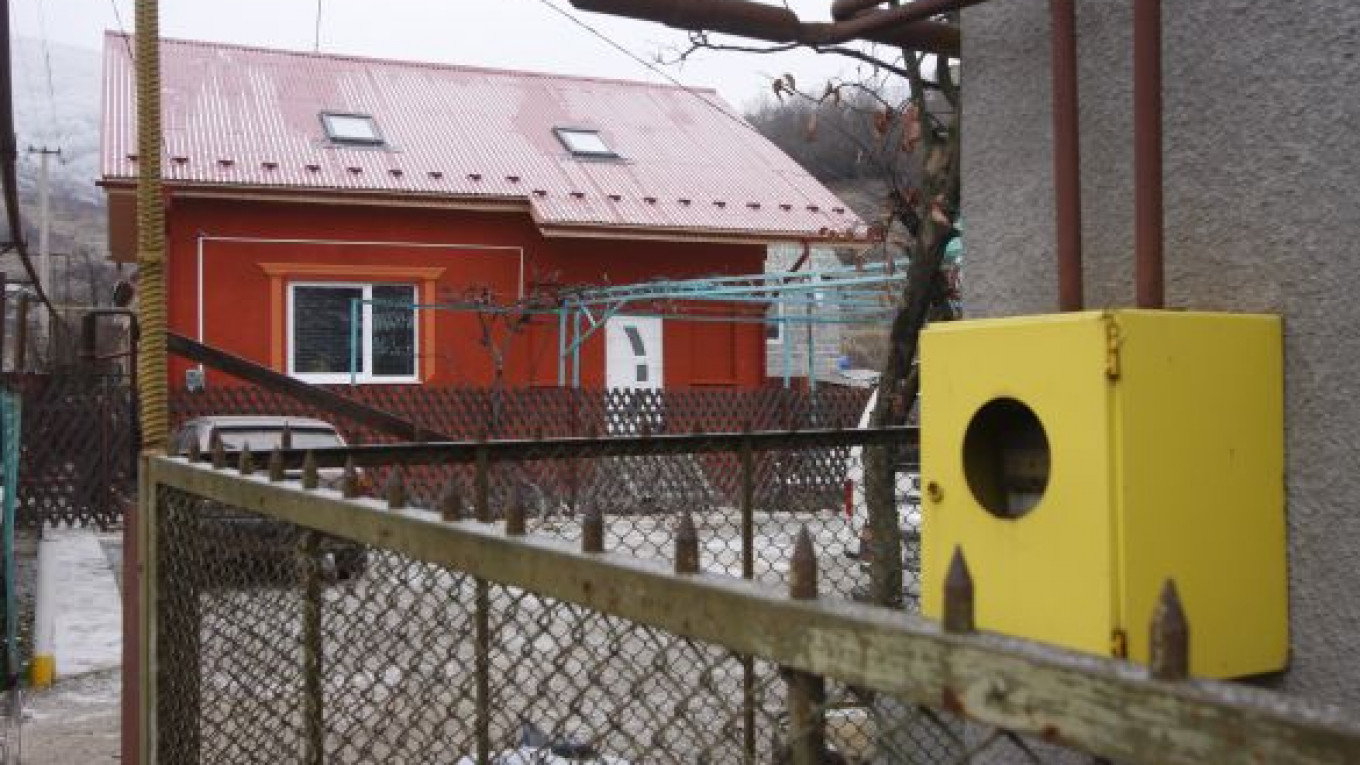Prime Minister Vladimir Putin on Thursday threatened to oust governors of regions where utility tariffs have skyrocketed this year if he wins the presidential election in March.
"I don't rule out that I can win these elections. If this happens, I'll take an attentive look at those who permitted the tariff hikes right after the inauguration, and I will have to address staff issues with a heavy heart," he said at the first Presidium meeting this year.
"You know perfectly well how the utility tariffs used to skyrocket at the beginning of the year over the past years … up to 70 percent in some regions," he said, adding that there are "no objective reasons for the growth at the moment."
The announcement came after Putin scolded the Kirov regional government earlier this week for allegedly hiking fees for hot water by 40 percent. Kirov Governor Nikita Belykh rejected the criticism, saying Putin had been misinformed.
Unlike in previous years, when utility tariffs increased in January, the government decided to start raising them in July this year.
Putin urged governors and the Economic Development Ministry to monitor the situation.
Meanwhile, he touted the government's work as Russia's macroeconomic and social indicators showed a positive dynamic last year.
"The results of … the government's work last year were among the best in the world, without exaggerating," Putin said.
He compared the country's key macroeconomic indicators with those of developed countries and its BRICS peers, indicating that Russia was among the world leaders by growth of gross domestic product.
The country's GDP rose 4.2 percent last year, ranking it third after China and India, whose economies grew 9.5 percent and 7.8 percent, respectively, Putin said.
Russia's inflation hit a 20-year low of 6.1 percent last year, he said, adding that the indicator remains rather high compared with developed countries. The government initially targeted inflation of 7 percent.
But unlike developed economies, some of which, including heavily indebted euro-zone countries and the United States, had huge budget deficits last year, Russia attained a budget surplus of 0.8 percent of GDP, Putin said.
The country's budget income reached 11.4 trillion rubles ($360 billion) last year, with half of this sum — 5.6 trillion rubles — coming from the oil and gas industry, Finance Minister Anton Siluanov said at the meeting.
Putin voiced concerns that Russia's economy remains dependent on raw materials exports, saying continuing work to diversify the economy is one of the government's key objectives for this year.
He added that he expects 2012 to be more difficult than 2011 and said the government should focus on creating jobs and fighting poverty.
"The figures from the world's leading economies, … the alarming signals coming from there must gear us up for serious work," he said.
A Message from The Moscow Times:
Dear readers,
We are facing unprecedented challenges. Russia's Prosecutor General's Office has designated The Moscow Times as an "undesirable" organization, criminalizing our work and putting our staff at risk of prosecution. This follows our earlier unjust labeling as a "foreign agent."
These actions are direct attempts to silence independent journalism in Russia. The authorities claim our work "discredits the decisions of the Russian leadership." We see things differently: we strive to provide accurate, unbiased reporting on Russia.
We, the journalists of The Moscow Times, refuse to be silenced. But to continue our work, we need your help.
Your support, no matter how small, makes a world of difference. If you can, please support us monthly starting from just $2. It's quick to set up, and every contribution makes a significant impact.
By supporting The Moscow Times, you're defending open, independent journalism in the face of repression. Thank you for standing with us.
Remind me later.






